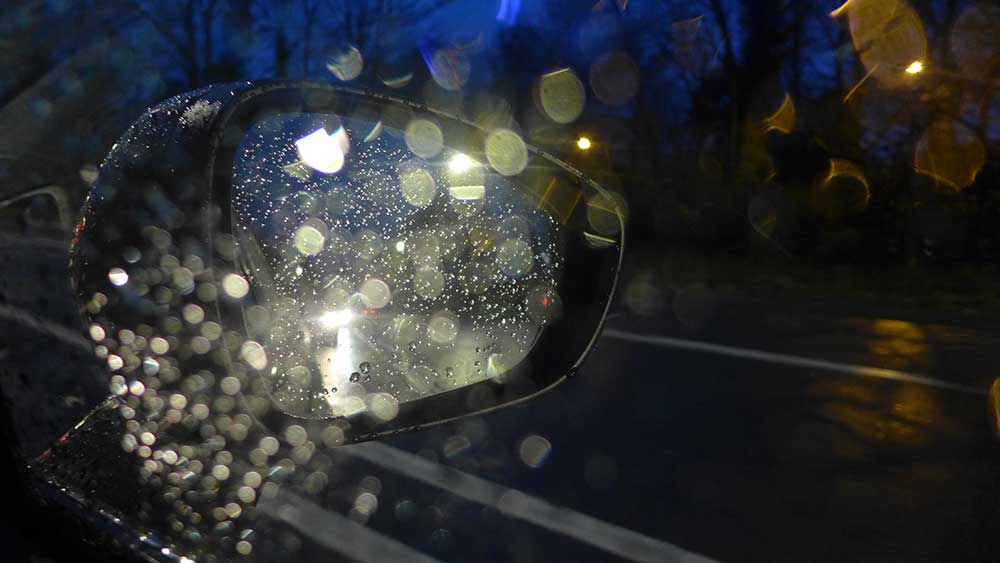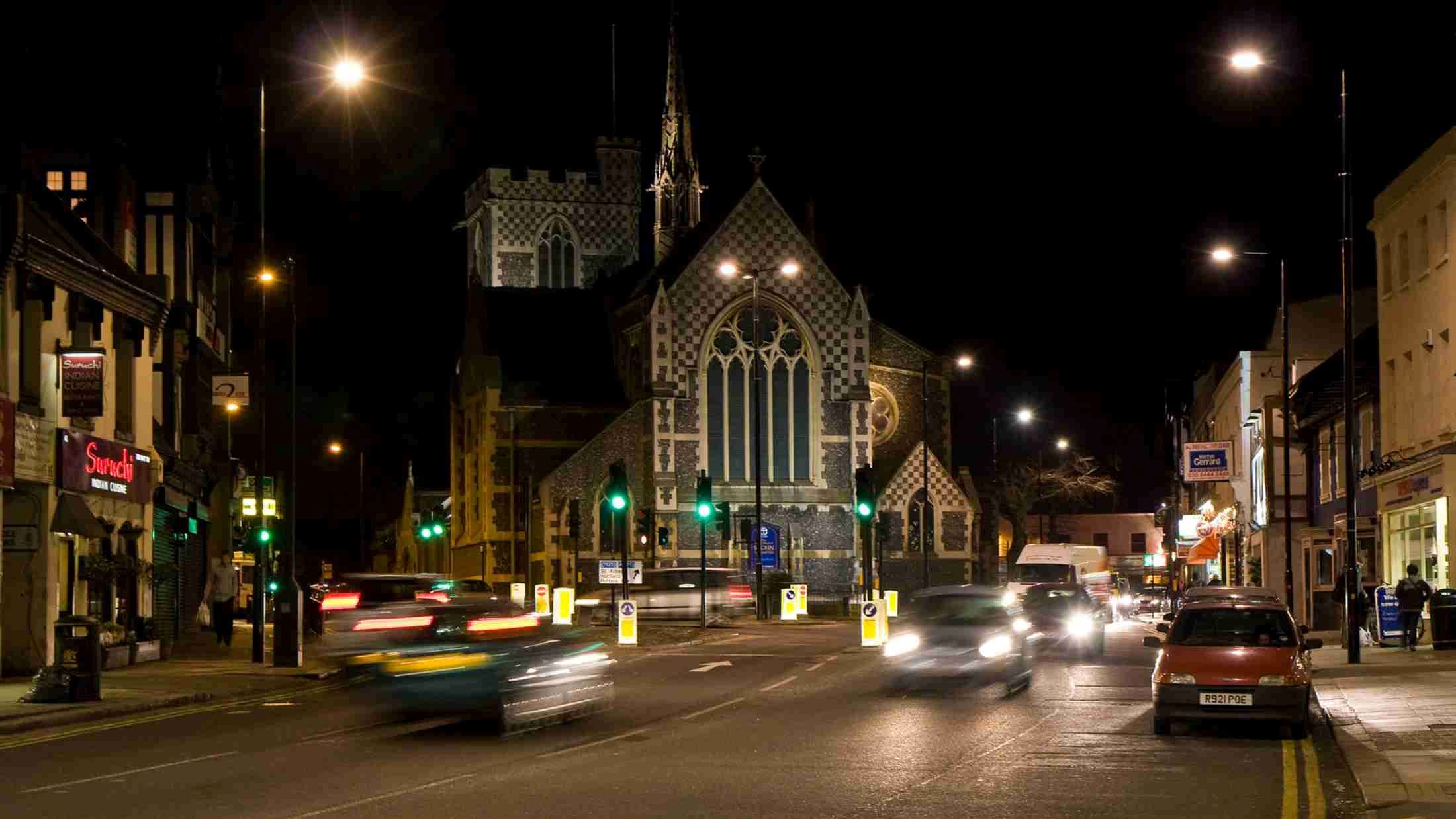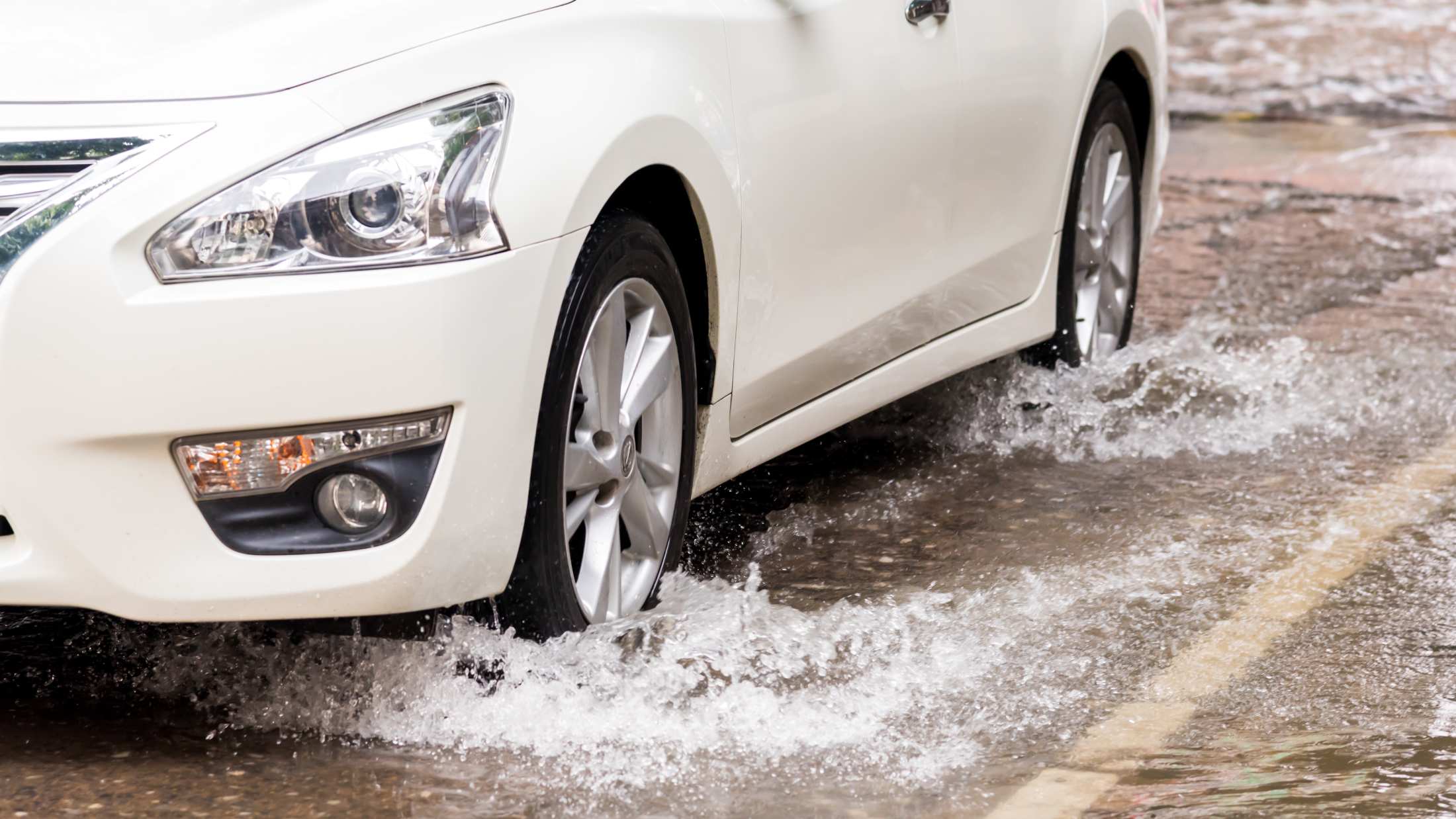Every year during the darker autumn and winter months, insurance companies will see an increase in motor claims related to driving in these more challenging conditions. And, according to The Royal Society for the Prevention of Accidents, around 40% of all road collisions take place at night.
So, it’s essential for drivers to be prepared for the change in conditions, especially as visibility is reduced. By taking some simple measures you can reduce your risk of an accident and help keep yourself (and others) safe on the road. Find out what steps to take in our handy guide:
Don’t drive while tired
We’ve all seen the signs: “Tiredness can kill, take a break”. No matter what time of the day, driving when tired is a problem – it lowers your concentration and slows your reaction times. Combined with the lower visibility of night-time, the risks are even greater.
If you find yourself cracking open a window or turning up the radio to try and stay focused, it’s probably time to take a break. A quick 15 minutes shut eye can help. However, it’s best to avoid getting to that stage. If you’ve got a long drive ahead of you, plan ahead. Try to take a 15 minute break every two hours.
If you’ve driving overnight, consider booking a hotel and split the drive over two days. If you can split it with someone else, even better (just make sure they’re insured to drive your car).
Use lights appropriately
You car’s high beam lights can help with the lower visibility at night, but make sure you use them correctly. If you find yourself on an unlit stretch of road, slow down and turn your full beam on.
However, if there’s heavy rain, fog or snow your high beam headlights may cause more problems than they solve. The light from them may be reflected back at you, making it harder to see what’s ahead. If you feel unsafe, pull over and wait for the worst of the weather to pass before getting back on the road.
Keep your windows clean
It may sound obvious, but make sure you keep your windscreen clean. When you’re driving at night, it’s all the more important to be able to clearly spot any potential driving hazards. With visibility already reduced, keeping your windscreen clean can help.

Dim interior lights
Modern cars have all manner of gadgets installed as standard these days. While they provide great benefits and features, they can also be a distraction. Things like front screen displays will often have the option to dim the brightness. At night, this can be really useful, as it can reduce additional glare and let you focus on the road ahead.
Keep on top of car maintenance
Making sure your car is in tip-top condition is always important. However, ensuring that your car is working correctly can really help with night-time driving. Make sure to keep on top of your car’s maintenance. You’ll probably want to pay attention to your car’s brake pads and lights.
Now, of course we’re not all mechanical whizz-kids, so you should always rely on an expert’s opinion. Taking your car for a yearly service will help uncover any potential issues. And, if you’re worried about anything in particular, take a trip down to your local garage and let them have a look.
Get your eyes tested
There’s plenty you can do around your car to keep yourself safe driving at night. However, getting an eye test can also help.
If you have been prescribed glasses or contact lenses, you must wear them while driving. However, as we grow older our eyesight can worsen. The Royal Society for the Prevention of Accidents suggests that you have an eye test at least every two years, if recommended by an optician.
You must also be able to read a UK number plate from 20 metres away. If you can’t and you’re caught driving, you could end up losing your license. In fact, in the last five years, over 1,400 drivers have had their license revoked because of this. So, if you’re struggling to make out a number plate, it’s time for a trip to the optician.
Take an evening driving lesson
Driving at night can be a real worry for many people. If you’re unsure about driving at night, or you’re a nervous driver, you may want to think about taking a night-time driving refresher lesson. Having a qualified driving instructor with you can really help boost your confidence. They’ll also be able to give you more specific advice around driving at night, if you need it.
Don’t drive too fast
Another useful tip for driving at night: take it slow. At night, speed awareness is vital and you’ll want to give yourself a bit more time to react to anything on the road. With reduced visibility, going a little bit slower will not only help you spot any hazards, it’ll also help you react in time.
Be cautious of other drivers
This goes hand-in-hand with driving a little bit slower. At night, you’ll want to pay extra attention to other cars on the road. Not all drivers take extra care out on the road at night. Paying closer attention to anyone else will help keep you safe.
You’ll also want to be extra aware of any pedestrians and wildlife that you may come across. It’s much harder to spot these potential hazards at night, so driving a bit slower and being attentive to what’s around you will keep you, and anyone else, safe.
Driving at night can be daunting. There are extra risks you need to be aware of on any late-night trip. However, following this advice can help keep yourself, your passengers and anyone else out at night safe.












